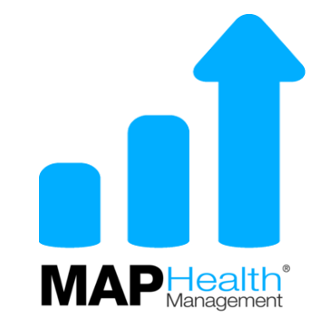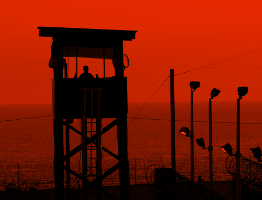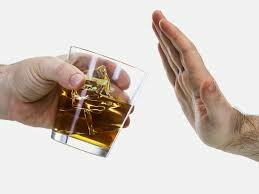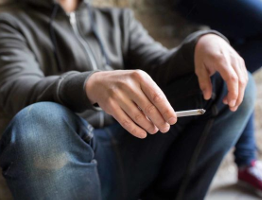Halloween is Not the Only Thing That Can Haunt Us
October 24, 2016 Thomas G. Kimball, PhD
Published in The Doctor Weighs In, October 24th, 2016. View the Article Here

For many with mental illness, life is one scary Halloween night after another
It’s that spooky time of year. Monsters, ghosts, and scary images lurking from the shadows. Decorations of cobwebs with creepy spiders and carved pumpkins with eerie smiles and grim faces. Americans enjoy the tradition of trick-or-treating and scary nights filled with ghostly spirits. In fact, Halloween is the second most celebrated holiday in the United States, followed only by Christmas in popularity.
But what if haunted images and scary nights are not just one evening of innocent fun? What if being haunted by demons and feeling frightened is your day-to-day reality? It’s not a stretch for anyone who experiences depression, anxiety, post-traumatic stress, and/or addiction to drugs and alcohol to feel as though their life is one scary Halloween night after another.
Consider this: 18.5% of American adults experience a mental illness in a given year—the equivalent of 43.8 million people. With approximately 1 in 5 adults experiencing a mental illness in a given year, we know many are fighting a monster-like power that wants to suck the life and light out of them. As disturbing as a child believing there is a monster under the bed, the reality of the effects that these disorders have on their victims, friends, and loved ones can legitimately scare us to our core and keep us up at night.
Feeling down or anxious from time to time is a normal part of life. But when feelings such as despair and hopelessness, invasive thoughts, and persistent worries begin to take over, the ability to enjoy life is a challenge and staying healthy can be difficult. We are learning more about the levels of devastation that these disorders have, and anyone who has experienced a panic attack, a period of depression, or chronic post-traumatic stress can understand how eerily real and life-altering they are.
There is hope
Based on the increasing amount of candy that is consumed at Halloween, the costumes for kids and adults, pumpkin patches, and a night of trick-or-treating and parties, it does not look like we will get over our fascination with ghosts and spirits or our fascination with Halloween anytime soon. However, for those who suffer from mental disorders and who are haunted long after the last piece of candy has been consumed, there is hope.
If you or someone you know chronically suffers and is haunted by depression, anxiety, addiction, or other mental health disorders, it is important to stay informed and to understand that these illnesses are not a weakness or a character flaw and should be brought out into the light, as they are real and almost always require intervention.
• Remember, YOU are not alone
Often, when people suffer, they feel isolated and alone in the darkness. There are so many people who are capable of listening and truly understanding what you are feeling. Even those who may not fully comprehend often carry their own burdens and have felt feelings of being pushed away or secluded from others.
• Reach out for help
If you feel haunted by feelings of depression, anxiety, post-traumatic stress, etc., reach out for help. Much like a child might reach out in the night when they are scared, calling and asking for help and accepting the help when it is offered is important. Help may come from a variety of different places or a combination of people (e.g., doctors, therapists, friends, and family members). The important thing is to keep reaching out—you do not have to live in this haunted state.
• The light will come and night will be over
Hope is a crucial component in wellness. Hope has been defined as a re-awakening after despair and an expectation to live with greater confidence. Knowing we are not alone and reaching out for help is crucial to remaining hopeful through the night as we wait for the light to come.
Resources to help you reach out
Anxiety & Depression
https://www.adaa.org/finding-help
National Suicide Prevention Lifeline
1-800-273-8255
PTSD
http://www.ptsd.va.gov/public/where-to-get-help.asp
The Veterans Crisis Line:
1-800-273-8255, press 1
Addiction/Substance Use Disorder
https://findtreatment.samhsa.gov/
SAMHSA’s 24/7 National Helpline:
1-800-662-HELP (4357)
1-800-487-4889 (TDD, for those with hearing/speech difficulties)








